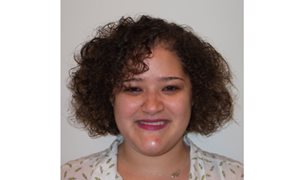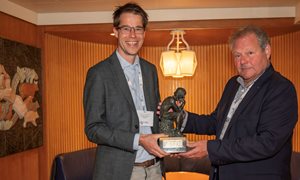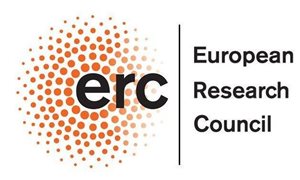 Oncode is the independent institute dedicated to outsmarting cancer and impacting lives.
Oncode is the independent institute dedicated to outsmarting cancer and impacting lives.
Carl Figdor and Michiel Vermeulen participate in the Oncode Institute for Radboudumc and Radboud University, respectively.
Research programme
Despite enormous progress in our understanding of cancer, the chance of long-term survival remains small for many patients, particularly those with metastatic disease. Oncode will address this unmet clinical need through an innovative basic research programme. True innovation in the treatment of cancer relies on new insights into the basic mechanisms of oncogenesis, which in turn depend heavily on technological innovation. Oncode research will be guided by a number of key questions that need to be resolved to extend life expectancy and improve quality of life for cancer patients.Principal scientific questions
The key issues in cancer research today are summed up in our principal scientific questions:- Can we define new and better targets for therapy on the basis of detailed analyses of tumours, tumour-derived cell lines and organoids, and xenografts?
- What is the basis for tumour heterogeneity, and how can we harness this knowledge to refine cancer therapy?
- What role does the cell of origin play in a tumour’s characteristics and responsiveness to therapy?
- How do cancer cells avoid host immune attack, and how can we stop them from doing so?
- How do non-mutated background genes influence tumour formation and response to therapy?
- Can we develop novel models to predict therapy response?
- How can we prevent metastatic disease?
Scientific themes
On the basis of these questions, Oncode’s founding scientists have identified six scientific themes that constitute the basis of the integrated research strategy:- Development of novel technologies
- Understanding the critical drivers of tumour growth and the causes of resistance
- Analysis of network perturbations in tumours and tumour-host interactions
- Causes and consequences of genetic instability
- Identification of critical drug combinations and biomarkers for personalized cancer treatments
- Mobilizing immune defence
Read more on the Oncode website.
Related news items

T cell immunity is directed by tetraspanin CD53
5 July 2022 T cells are immune cells that are key for the defense against pathogens and cancer. T cells depend on the membrane protein CD45 to initiate T cell receptor signaling, but how CD45 is controlled at the molecular level is poorly understood. go to page
A single protein complex balances the very first lineage decision of cells in human: towards foetus or placenta
21 June 2022 The international group of researchers spearheaded by Dick Zijlmans and Hendrik Marks together with colleagues from KU Leuven, examined which proteins are associated with the chromatin and how this affects gene transcription. go to page
Dutch Society of Clinical Chemistry Science & Innovation Award for the team of Hans Jacobs
14 June 2022 The team of Hans Jacobs pioneers on the development of personalized diagnostics to measure minimal residual disease in patients with multiple myeloma. go to page
European grants for groundbreaking Radboudumc research Professors Roshan Cools and Peter Friedl receive ERC Advanced Grant
26 April 2022The European Research Council (ERC) is awarding grants to Roshan Cools and Peter Friedl, both professors at Radboudumc. While Cools will investigate how brains control behaviour in (stressful) situations, Friedl will work on developing a new cancer therapy.
go to page
Saponin-based adjuvant-induced dendritic cell cross-presentation is dependent on PERK activation published in Cellular and Molecular Life Sciences
20 April 2022 Lisa Huis in ‘t Veld, Nataschja Ho and colleagues from the team of Gosse Adema published in Cellular and Molecular Life Sciences that Saponin-based adjuvant-induced dendritic cell cross-presentation is dependent on PERK activation. go to page
Rubicon grants awarded to three RIMLS researchers
19 April 2022Three researchers have received Rubicon funding from NWO/ZonMw. This will enable Elke Muntjewerff, Laura de Vries and Laurens van de Wiel to do research at a foreign research institute for the next two years.
go to page